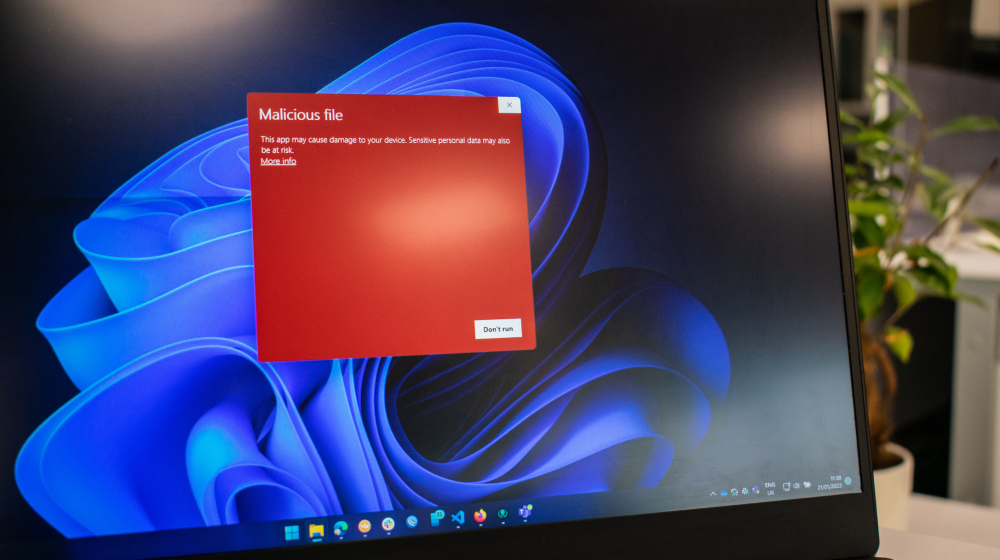In short order, you’ve created a website with great SEO optimization. Due to these advanced analytics, you also have a sizable user base that has brought you a fair deal of business. Not only that, but you’ve developed a brand that your customers recognize and trust.
It’s all smooth sailing. Then, suddenly, your website goes down and becomes unresponsive. Entire pages seem altered. Personal data is at stake.
What we just described is a malware attack infecting your business website.
Having an online presence means your website is constantly exposed to these threats, including malware that can:
- Surveil your customers’ browsing activity
- Enable theft of personal information
- Demand ransoms in return for these forms of extorting information
With these threats at play, it’s paramount that your website security is robust. Here are three reasons why it’s important to invest in a dynamic website malware scanner that will scan your site around the clock for threats:
1. Threats Are Evolving Every Day

Did you opt for a security protocol a few years back? Do you think it’s still relevant in the current landscape?
Of course, everyone wishes website security were as simple as purchasing a website malware checker once and operating your business stress-free.
Unfortunately, online threats are constantly evolving. Skilled hackers devote more time to creating newer, more intelligent malware that can harm small businesses.
Why? Large companies know these threats are ever-evolving. They know malware attackers develop new ways to infect your website and extract valuable customer data. This is why these businesses invest significantly in website security scan solutions as part of their budgets.
Indeed, investing in a dependable URL malware scanner is your best bet against cyberattacks in the rapidly growing landscape of malware threats.
2. Ransomware Remains a Threat to Your Business
Ransomware is malware that sneaks into your database pretending to be harmless executables. It is a kind of malware that encrypts your personal information and then demands a ransom from you in exchange for a decryption key.
This key is supposed to grant you access back to your data — or at least that’s what cybercriminals promise.
Regardless of whether you get your data back, the probability of it being encrypted is pretty high. In fact, global cybercrime costs are expected to grow 15% per year over the next five years, reaching $10.5 trillion annually by 2025, and an attack will take place every 2 seconds by 2031.
Bottom line: Conduct a regular website security scan to ensure hackers don’t take your and your customer’s information hostage.
3. Keylogging Can Be Destructive

Keyloggers are software programs designed to secretly monitor and log every keystroke a user enters.
While there are some contemporary keyloggers that are used for legitimate reasons (like parental supervision and tracking the activity of employees within companies), most of them are hacker-led programs that spy on information entered by users.
Hackers often only need to install bite-sized, innocent-looking files into the system to commence a keylogging attack. This can lead to a compromise in your clients’ usernames and passwords.
Invest in Consistent Scanning
The information you store on your website is valuable. As such, your business’s reputation largely depends on your online profile — and a compromised website can negatively impact your reputation. Threats are always evolving, and so too your website security scanning and security plans.
Investing in consistent scanning of your website for malware is the most reliable way to stay secure in the turbulent world of internet security.





